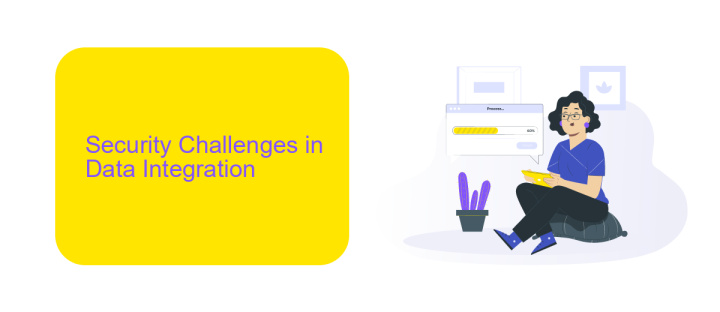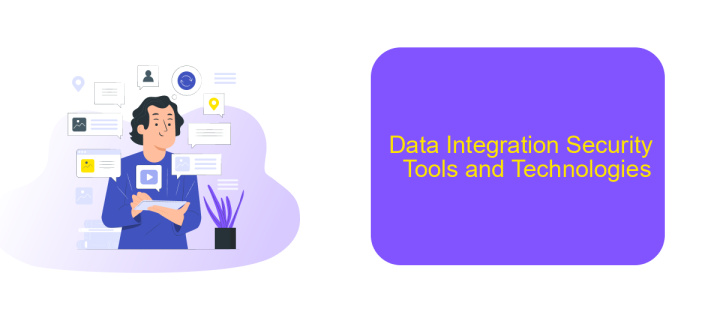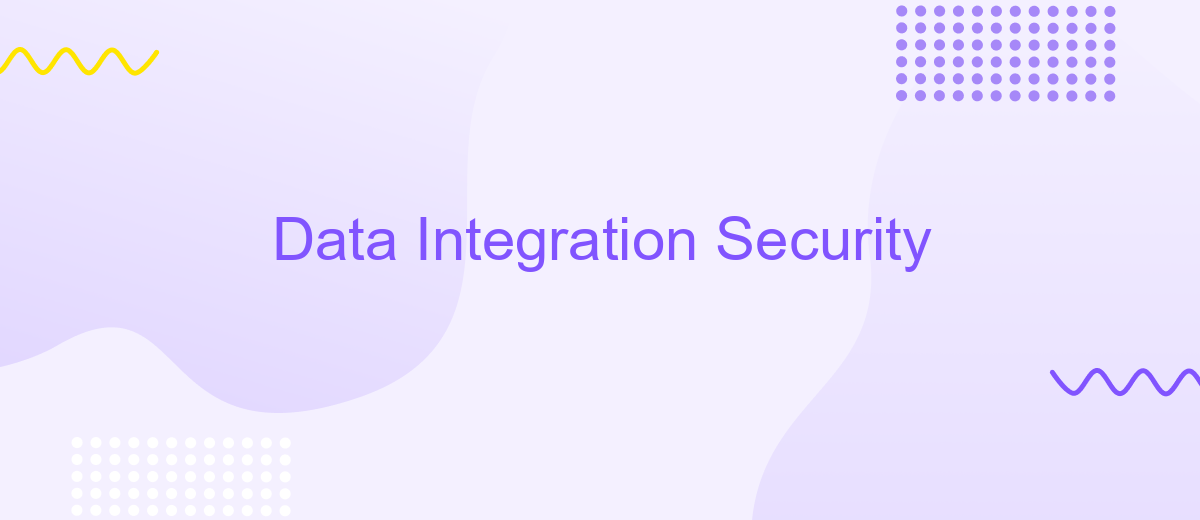Data Integration Security
Data integration security is a critical aspect of modern information management, ensuring that data from diverse sources is seamlessly combined while maintaining confidentiality, integrity, and availability. As organizations increasingly rely on integrated data for decision-making, robust security measures are essential to protect sensitive information from unauthorized access and breaches. This article explores key strategies and best practices for safeguarding data integration processes.
Introduction
Data integration security is a critical aspect of modern data management, ensuring that sensitive information is protected during the process of combining data from different sources. As organizations increasingly rely on integrated data to drive decision-making, the need for robust security measures becomes paramount. Effective data integration security involves safeguarding data at rest, in transit, and during processing, while maintaining compliance with regulatory standards.
- Encryption: Ensures data is unreadable to unauthorized users.
- Access control: Restricts data access to authorized personnel only.
- Auditing: Tracks data access and modifications for accountability.
- Data masking: Conceals sensitive information in non-production environments.
Tools like ApiX-Drive facilitate secure data integration by offering automated workflows that connect various applications and services while prioritizing data security. By leveraging such platforms, organizations can streamline their data integration processes without compromising on security. As the landscape of data integration continues to evolve, the importance of implementing comprehensive security measures cannot be overstated.
Security Challenges in Data Integration

Data integration security presents numerous challenges, primarily due to the complexity of integrating diverse data sources and ensuring consistent protection across all platforms. One significant challenge is the risk of data breaches during the transfer process, as data moves between systems with varying security protocols. Ensuring encryption and secure communication channels is critical to mitigate this risk. Additionally, maintaining data integrity and preventing unauthorized access requires robust authentication and authorization mechanisms, which can be difficult to implement uniformly across all integrated systems.
Another challenge is compliance with various regulatory requirements, such as GDPR, HIPAA, or CCPA, which mandate strict data protection standards. Organizations must ensure that their data integration processes adhere to these regulations, which often involves complex auditing and reporting tasks. Tools like ApiX-Drive can facilitate secure data integration by providing automated workflows and secure connections between different platforms, reducing the manual effort required and minimizing the risk of human error. However, constant vigilance and regular security assessments are essential to address evolving threats and maintain a secure data integration environment.
Data Integration Security Best Practices

Data integration security is crucial for maintaining the integrity and confidentiality of your data as it moves between systems. Implementing best practices ensures that your data remains protected from unauthorized access and breaches.
- Use strong authentication and authorization mechanisms to control access to data.
- Encrypt data both in transit and at rest to protect it from interception and unauthorized access.
- Regularly update and patch all systems involved in data integration to protect against known vulnerabilities.
- Implement logging and monitoring to detect and respond to suspicious activities promptly.
- Use reliable integration platforms like ApiX-Drive to streamline and secure data integration processes.
By following these best practices, organizations can significantly reduce the risks associated with data integration. Ensuring robust security measures not only protects sensitive information but also enhances overall operational efficiency and trustworthiness.
Data Integration Security Tools and Technologies

Ensuring the security of data integration processes is crucial in today's interconnected digital landscape. Various tools and technologies have been developed to safeguard data as it moves between systems, ensuring both integrity and confidentiality.
One essential aspect of data integration security is the use of encryption protocols. These protocols protect data in transit and at rest, making it difficult for unauthorized users to access sensitive information. Additionally, secure APIs play a significant role in maintaining data security during integration.
- Encryption Protocols
- Secure APIs
- Data Masking
- Access Controls
- Audit Trails
ApiX-Drive is a notable service that simplifies the integration of various applications while ensuring robust security measures. It employs secure APIs and encryption to protect data, making it a reliable choice for businesses looking to streamline their data integration processes without compromising on security. By leveraging tools like ApiX-Drive, organizations can achieve seamless and secure data integration across multiple platforms.
- Automate the work of an online store or landing
- Empower through integration
- Don't spend money on programmers and integrators
- Save time by automating routine tasks
Conclusion
In conclusion, ensuring the security of data integration is paramount in today's interconnected digital landscape. Effective data integration security involves a multi-layered approach that includes encryption, access controls, and regular audits to safeguard sensitive information. Organizations must remain vigilant and proactive in identifying potential vulnerabilities and addressing them promptly to prevent data breaches and ensure compliance with regulatory standards.
Moreover, leveraging advanced integration platforms like ApiX-Drive can significantly enhance the security and efficiency of data integration processes. ApiX-Drive offers robust features that facilitate seamless and secure data transfers between various systems, reducing the risk of data exposure. By adopting such comprehensive solutions, businesses can streamline their operations while maintaining a high level of data protection, ultimately fostering trust and reliability in their digital ecosystems.
FAQ
What is Data Integration Security?
Why is Data Integration Security important?
What are some common security challenges in data integration?
How can I ensure secure data integration?
What role does encryption play in Data Integration Security?
Apix-Drive is a universal tool that will quickly streamline any workflow, freeing you from routine and possible financial losses. Try ApiX-Drive in action and see how useful it is for you personally. In the meantime, when you are setting up connections between systems, think about where you are investing your free time, because now you will have much more of it.


